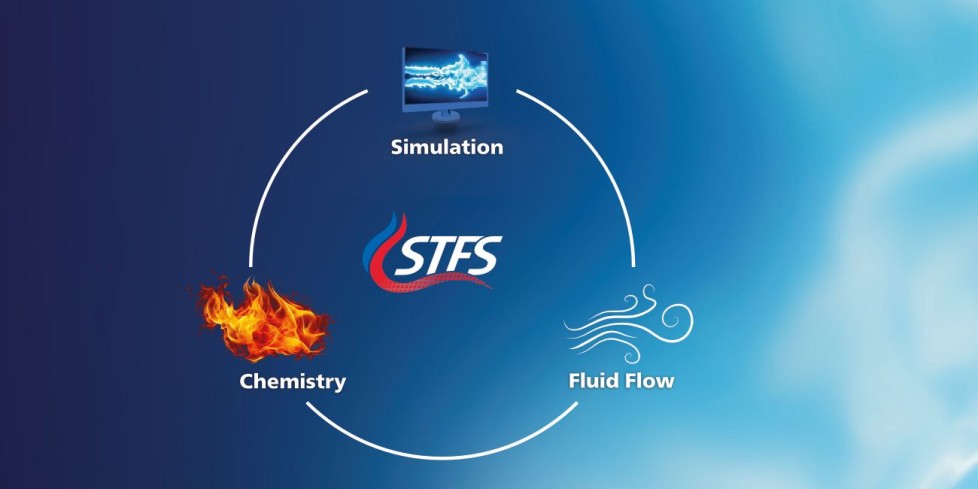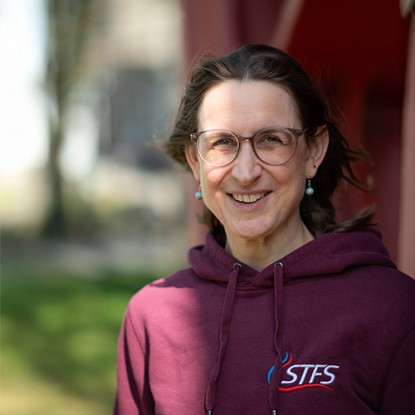Mercator Fellow of the German Research Foundation (DFG) – a valuable instrument for scientific collaboration
Breaking news
05.06.2025
The Mercator Fellowship is more than just a funding line – it’s a bridge across borders, enabling long-term collaboration and exchange of expertise.

Just yesterday, my new DFG project “Forced ignition in mixtures of sufficiently large Lewis numbers” (FIT) was officially approved. It builds on a long-standing collaboration with Zheng Chen from Peking University, a C9 League university in China. Zheng has been awarded a Mercator Fellow of the German Research Foundation (DFG) – a strong reminder of how important this instrument is for fostering international cooperation.
As a researcher, I firmly believe that international collaboration and scientific exchange are essential to academic life. Science is global by nature and should not be constrained by borders.
The Deutsche Forschungsgemeinschaft (DFG) – German Research Foundation enables in-depth scientific exchange by integrating internationally renowned researchers into funded projects through its Mercator Fellowship program:
Mercator Fellowship Program – DFG Info Sheet (EN) https://lnkd.in/e2DW3Tv2
Unlike visiting researchers, Fellows are closely embedded in the research activities.
I’ve greatly benefited from this program in my work and would like to highlight a few outstanding Mercator Fellows:
- Tiziano Faravelli – Fellow in the Collaborative Research Centre (CRC) 129 „Oxyflame“ led by Reinhold Kneer (https://www.oxyflame.de/). We closely collaborate on solid fuel kinetics for biomass and its integration into Large Eddy Simulations (LES).
- Luc Vervisch – Fellow in our project “Multi-regime combustion under technically relevant conditions”. Together we develop generalized flamelet equations and embed them into LES for multi-regime combustion, as encountered in modern gas turbines.
- Zheng Chen – Zheng will contribute insights on multistage ignition and initial flame kernel formation (cool, warm, hot flames) driven by low-temperature chemistry. We will perform high-resolution DNS and LES to explore these phenomena.
The Mercator Fellowship is more than just a funding line – it’s a bridge across borders, enabling long-term collaboration and exchange of expertise.

